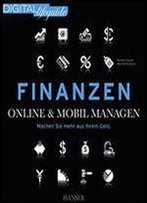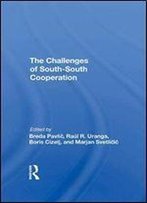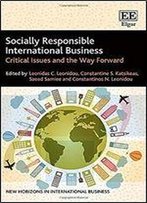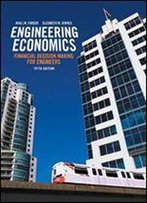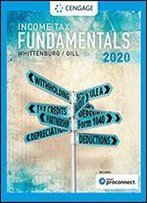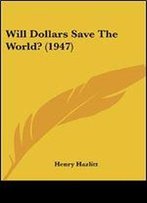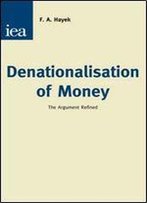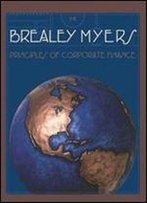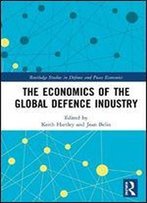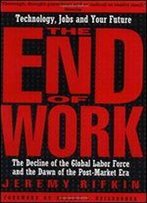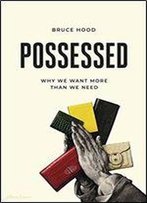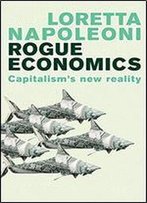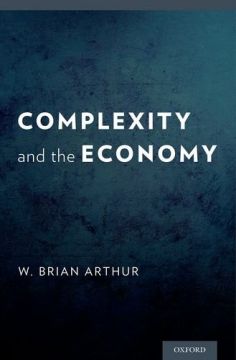
Complexity And The Economy
by W. Brian Arthur /
2014 / English / PDF
2 Mb Download
Economics is currently undergoing its most profound change since the 1800s. Instead of seeing the economy as a perfectly ordered, rational system, economists are beginning to see it as an ecology of actions, forecasts, strategies, and technologies that are always changing and adapting. This new vision helps answer questions economics couldn't answer before. Why does the stock market show moods and a psychology? Why do high-tech markets tend to lock in to the dominance of one or two very large players? How do economies form, and how do they continually alter in structure over time? In the 1980s and 90s, economist and complexity theorist W. Brian Arthur led a small team at the Santa Fe Institute to explore questions like these and thereby pioneered this new approach – complexity economics. As Arthur explains it, complexity economics views the economy differently. Where standard economics sees people in the economy as facing perfectly well-defined problems using perfect deductive reasoning and arriving at equilibrium outcomes; complexity economics sees people as trying to make sense of the situations they face, exploring choices using whatever strategies they have at hand. The resulting economy is not a well-ordered machine – rational, determinate, and in the end relatively lifeless – but a complex evolving system that is imperfect, perpetually constructing itself anew, and brimming with vitality. In this book Arthur collects many of his pioneering articles on this new theory. The papers, beautifully written, were among the first to use evolutionary computation, agent-based modeling, and cognitive psychology. They cover topics as disparate as how markets form out of beliefs; how technology evolves over the long span of time; why systems and bureaucracies get more complicated as they evolve; and how financial meltdowns can be foreseen and prevented in the future.
